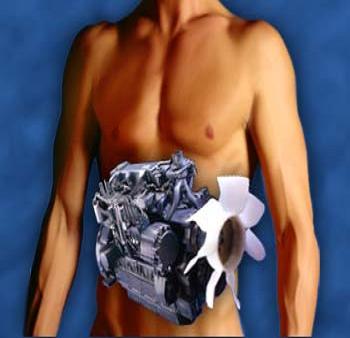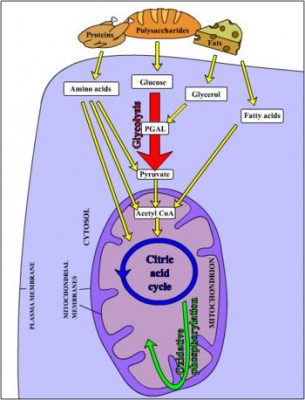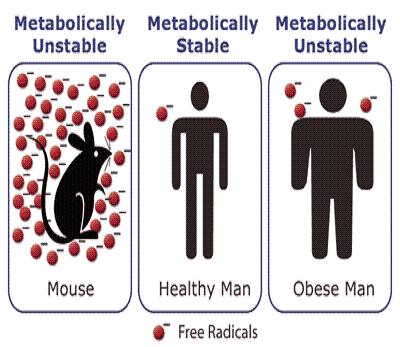Difference between Metabolism and Metabolic Rate

The concept of metabolism and metabolic rate is something that people commonly fail to grasp, even though they are aware of the fact that their very existence depends on these two things. Both the terms are often confused to be the same, since they both revolve around the process of releasing and consuming energy. As similar as the two terms may initially appear to be, they are significantly different and have their own specific significance.
Metabolism differs from metabolic rate in terms of what they actually are. The former is basically a set of chemical reactions that are behind the extraction and spending of energy in living organism. The latter, on the other hand, is basically the rate or frequency at which such reactions and activities are taking place. This difference can be understood more clearly by taking the example of a possession and its use. The possession in itself is a mere existence, but it becomes more meaningful when and how it is used. Same is the case with metabolism and metabolic rate. Metabolism goes on inside an organism, but the health and even life of an organism depends on the frequency at which this process occurs.
Another difference between metabolism and metabolic rate is that the process of metabolism itself is the same in different organism. The latter, however, varies significantly from organism to organism, with some organisms having a higher metabolic rate than others.
Metabolic rate and metabolism differ from each other on account of their effect on lifespan. Metabolic rate has a direct affect on the maximum potential lifespan of an organism. Metabolism, on the other hand, has a direct affect on life, but it does not affect the lifespan.
Others are Reading
Instructions
-
1
Metabolism
Metabolism is a set of biochemical reactions taking place inside the organism. It is extremely vital, since it can affect an organism’s life. Metabolism mainly comprises of two processes, namely catabolism and anabolism. The process is involved in the extraction of energy by breaking down the organic matter through digestion and later cellular respiration is called catabolism. Anabolism involves the spending of energy to construct vital components through proteins and nucleic acids, thus allowing an organism to grow, develop and basically stay alive.
Image Courtesy: newworldencyclopedia.org
-
2
Metabolic Rate
The frequency or rate at which energy is released from the organic matter and used to construct vital components in an organism is called metabolic rate. It varies from organism to organism.
Image Courtesy: juvenon.com
Posted by zane in General Knowledge







